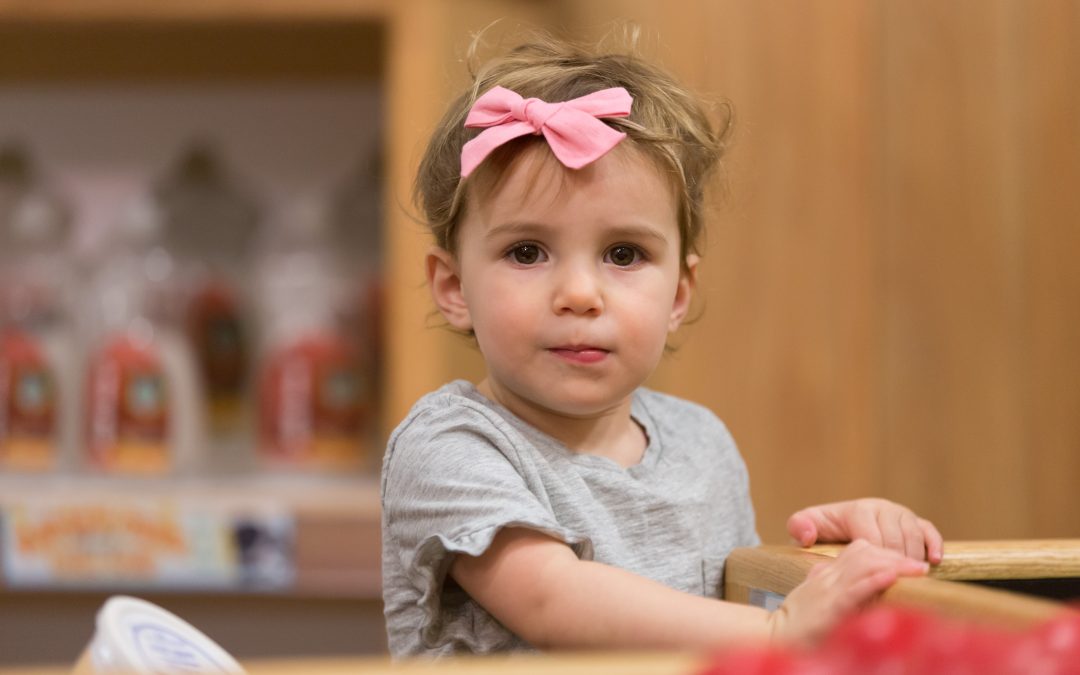By Adrie Van Wonterghem
November 2, 2020
With Thanksgiving only a few weeks away, the month of November brings plenty of opportunities to teach your little ones how to express gratitude. As parents and educators, it is crucial that we show our youngest learners what it means to be thankful and generous, contrary to the naturally self-centered mindset they embrace. Take time this month to focus on expressing appreciation and gratitude together with these Thankful Tips.
The Value of Gratitude
Research has shown that those who actively feel and express gratitude have a higher sense of self-efficacy and happiness. Acknowledging what we are thankful for increases our optimism and outlook on the world. Expressing thanks to others builds empathy and compassion, and can reduce stress and trauma in our lives. When we model grateful behaviors for our children, they experience these effects as well. A greater self-esteem and overall mental health arise, as we build resilience in our children’s social emotional health. Our children develop stronger interpersonal skills when they learn from a young age to appreciate others efforts, individual experiences, and possessions. Simply put, expressing our thankfulness makes us happier and healthier.
Teaching Thankfulness
Children model their parents. Vocalize your appreciation for others by thanking people in front of your child. Acknowledge the things you are grateful for throughout the day, and show your little one the importance of recognizing others.
Work Gratitude into your daily conversation. Begin each morning by acknowledging what you are thankful for: I am thankful for a good night’s sleep, for this nutritious breakfast, and for the time we get to spend together today. Ask your child to tell you the same.
Let your child help out. By involving our little ones in daily tasks and chores, we build a sense of importance and responsibility within them. As they view themselves as active participants in the family, they become more appreciative of the efforts of others.
Encourage generosity. Practice giving to others, and sharing things that are important to your child. For example, choose a few toys to donate before the holidays, share some holiday cookies with your neighbors, or find ways to serve the community together this season.
For more information on how to practice thankfulness as a family, check out our Facebook Live programming this month!

